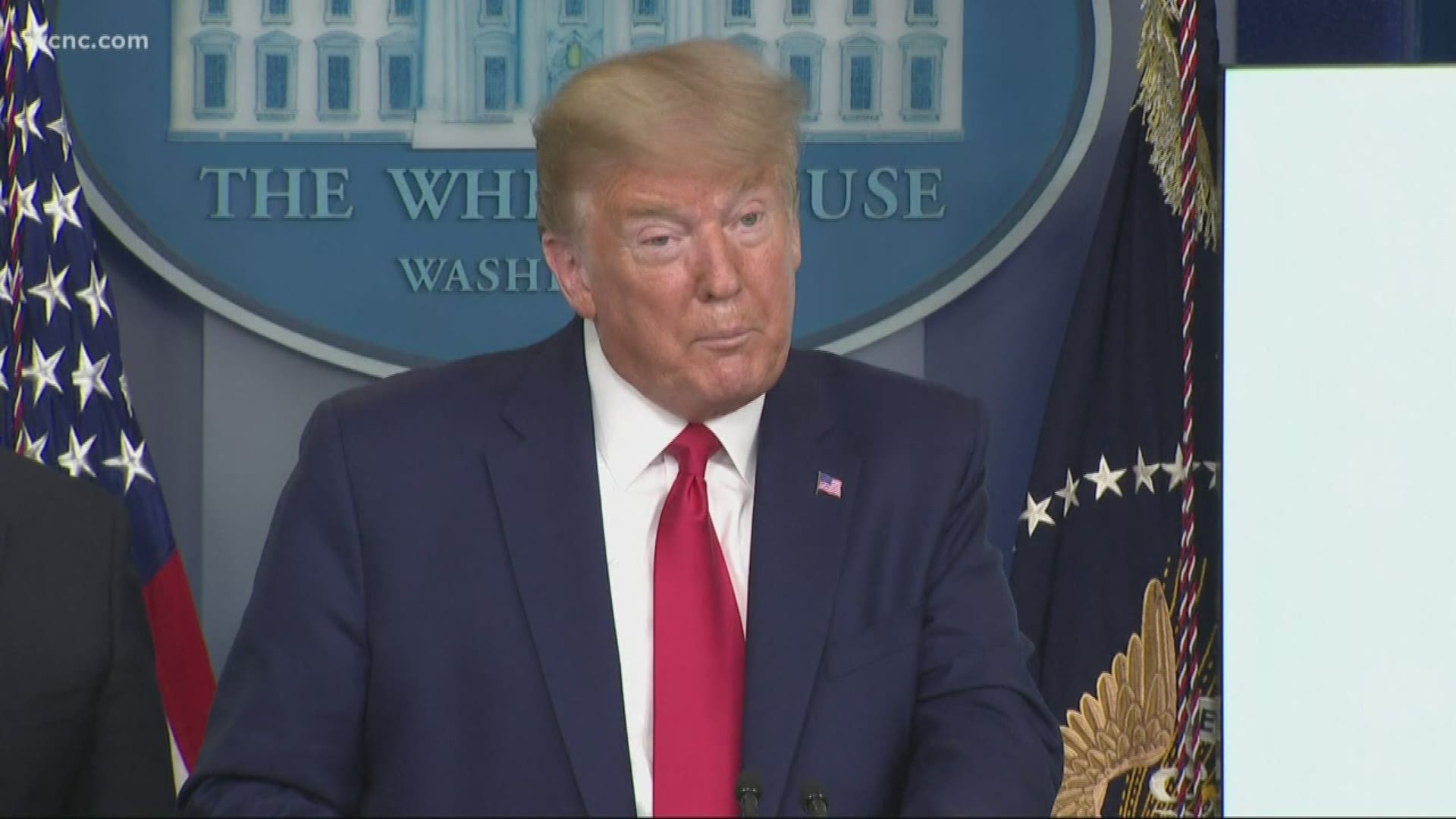CHARLOTTE, N.C. — Hospitals across the Carolinas are short of medical supplies including Personal Protective Equipment, and ventilators, but now there is a surging demand for the medicines hospitals use to make ventilators run properly.
Without enough anesthetics, painkillers, muscle relaxants, and sedatives health care providers can have all the ventilators they want, but it will become impossible to manage patient pain, and movements.
"We've got to ring the bell, as much as we can. If hospitals used to order a thousand vials, and now they need four thousand," said Dan Kistner, Senior Vice President of Vizient Pharmacy Solutions-- a company that works with over half the hospitals in the U.S. to provide medications and equipment. "You need that in one hospital, and you need that in hospital across town, a hospital in another city-- that is an unprecedented amount of demand."
Vizient said demand for ventilator medications is up 58% over the last month because of the COVID-19 crisis. "Fill rates," or the total number of orders filled and shipped to hospitals dropped to roughly 60 to 70% over the last few days for critical drug classes.
When a patient is having severe breathing problems, a doctor may prescribe the patient to be placed on a ventilator, however, the human body must be medicated in different ways to allow the ventilator to do its job as the body heal. The process of placing a tube down the windpipe isn't pleasant, or comfortable. Often, a patent moving or fighting the machine may cause more harm.
The medications to prevent that harm include, analgesics, to treat pain, sedatives, to keep the patient comfortable, and neuromuscular blocking agents that temporarily prevent muscle movement allowing lungs to breathe.
"You need the patients to be in sedation, to be relaxed, and have their pain covered. These drug classes are essential to the management of ventilated patients. They really ensure the patient benefits the most from having that mechanical ventilation." added Kistner. "The sedatives and anesthetic products for example like propofol, dexmedetomidine, etomidate, ketamine, midazolam, and lorazepam plus the analgesic drugs used as well like fentanyl, morphine, hydromorphone, and you look at the neuromuscular blockers like cisatracurium, succinylcholine chloride, rocuronium and vecuronium, the overall demand for all of those is up 58%. These drugs are up 58% nationwide. These are drugs that are used day in, day out. They are workhorse drugs for our hospitals to treat their patients, and conduct surgeries."
Kistner said all of this points to the next two weeks as a critical time to "flatten the curve," or prevent ICUs from being overwhelmed. While companies like GM and Ford are currently manufacturing physical ventilators Vizient said all of the medicines that provide the "gas for the engine" come from all over the world and more transparency is needed overall to pinpoint how much and where these critical drugs are made.
"Our fear is we are going to have all the ventilators in the world, but we don't have any drugs to make them go."

